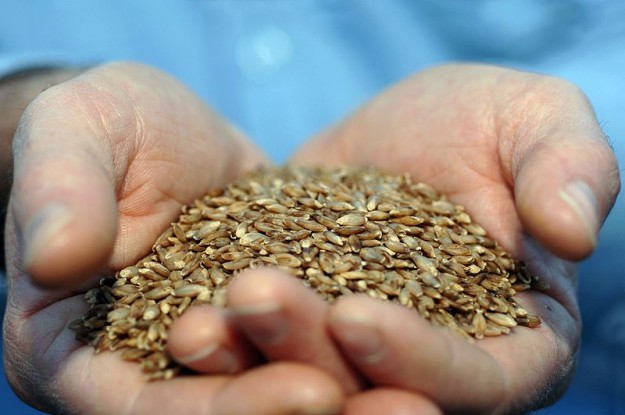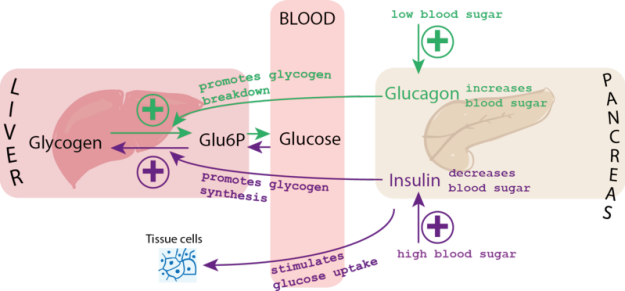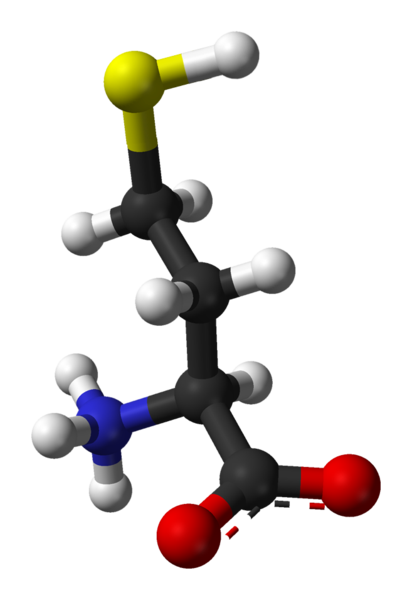Dehydration and its Effects on the Immune System
Why was this study done? Astronauts and athletes can experience a drop immune system function due to various stressors experienced during long flights. Dehydration is a common stressor to both athletes and astronauts. This study was designed to understand the role of proper hydration and its relationship to the immune system. What did the study…










